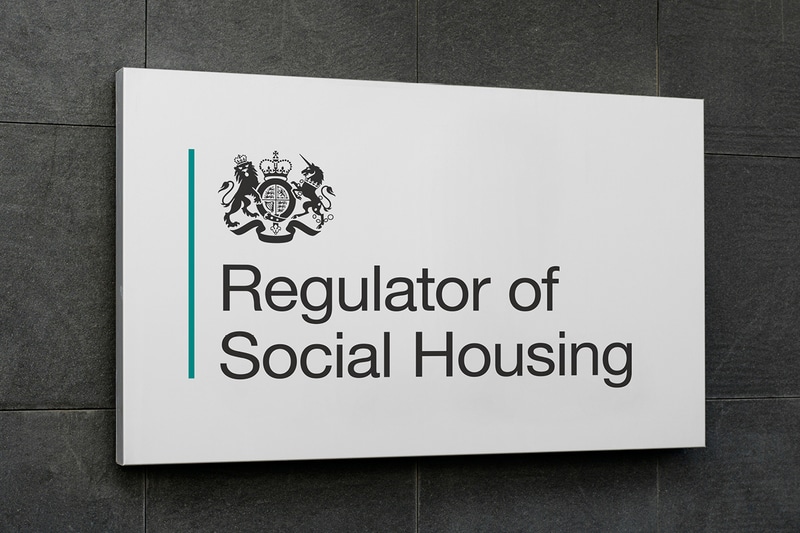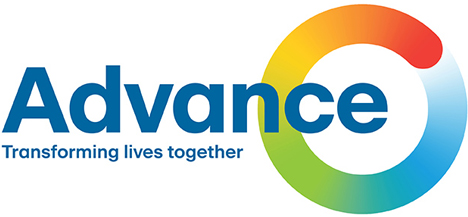This Month In Social Housing: April
Another month has rattled by at what seems like warp speed and such a hectic one it’s been too. If, like us, you’ve been so busy this past 30 days that you’ve haven’t had time to think then (a) take solace in the fact that this weekend is a long bank holiday weekend, and (b) catch up in all the latest happenings from the world of social housing that you many have missed by reading this here handy round up…

Grenfell Civil Case Settlement Reached
A civil lawsuit against various civil and corporate bodies involved in the refurbishment of Grenfell Tower has reached a settlement for a group of more than 900 bereaved families. The opening hearings took place in the High Court in July 2021, but the case was subsequently moved to an alternative dispute resolution and continued behind closed doors for almost two years. The case, mediated by Lord David Neuberger, the former president of the supreme court, has finally come to a conclusion with the 900 claimants represented by a group of 14 law firms agreeing on a final settlement. An undisclosed global sum of compensation will be apportioned between all the claimants according to their own specific circumstances.

RSH Changes Basis for HA’s Viability Grades Over Investment in Existing Homes
In its latest round of regulatory judgements, the Regulator of Social Housing (RSH) has amended the viability grade of three social landlords over planned investment in existing homes and current economic volatility. Gateway, The Guinness Partnership, and Thrive Homes retained grades of G1 and V2, all complying with the Governance and Financial Viability Standard, but with the basis for their V2 grades has changed. Gateway is reported to be increasing investment in existing its homes, with a focus on fire and building safety and energy efficiency, whereas The Guinness Partnership is undertaking similar investment programmes. Thrive Homes is increasing its investment into existing properties as well as continuing to develop new homes. The judgements can be said to highlight the quandary that many social housing providers find themselves of being encouraged to invest in housing but having to worry about the potential to be penalised in this way (which in turn makes it harder to invest further in the future).

Specialist Provider Says TSMs Not Suitable for People with Disabilities
Social housing operator Advance has raised concerns about the accessibility of the recently launched Tenant Satisfaction Measures for tenants with complex needs and disabilities. Rachel Fox, customer engagement manager at Advance, says there are some misgivings within the organisation over whether the TSMs in their current format are accessible due to the lack of their availability in an easy to read format. The housing provider, which delivers housing and support for people with long-term disabilities, learning disabilities and mental health conditions, also questioned the viability of any data gathered when a large number of tenants are unable to engage with the survey.

First Minister Humza Yousaf Launches Plan to Tackle Empty and Second Homes in Scotland
Council tax could be raised on second homes and empty properties in Scotland in a bid to increase supply levels of affordable housing following the launch of a consultation by Scottish first minister Humza Yousaf. The plans revealed on 17 April include a proposal to allow councils to charge up to double the full council tax rate on second homes from April next year, bringing second homes in line with long-term empty homes. Sally Thomas, chief executive of the Scottish Federation of Housing Associations, said of the proposals: “It’s heartening to see an early focus on the need to urgently increase the supply of affordable homes – those homes are key to Scotland’s fight for social justice.”

‘Affordable’ Rent Double That of Equivalent Social Rent in Some Parts of England
Analysis by Inside Housing has found that ‘affordable’ rent is, in some parts of England, double the equivalent social rent. The Regulator of Social Housing (RSH) published data for 2022 which indicated that for general needs housing, affordable rent was on average 30% more expensive than the rent charged by social housing providers in each area. Social rent is calculated using a formula that takes into account local income levels and property values, whereas affordable rent is set at up to 80% of local private sector rent. Head of policy at Shelter, Charlie Trew, said: “Because affordable rent is not tied to local incomes – it’s tied to market rent – many, many people can find themselves with a shortfall because they can’t afford it”.
That’s us done for another month. We’re all off to don cardboard crowns (that we may or may not have liberated from the local Burger King), festoon the office with hastily fashioned bunting and proceed to drink more Pimms than is health in celebration of Big Charlie W’s coronation this weekend. If we make it through alive, then rest assured that we’ll be back here same time next month to bring you yet more bitesize chunks of social housing news. Until then though, cheerio!
- Social Housing 2025: The Experts Predict What’s Next - January 2, 2025
- This Month In Social Housing: November 2024 - December 3, 2024
- Leveraging AI in Social Housing: Building a Data Strategy for Enhanced Compliance and Efficiency - November 26, 2024